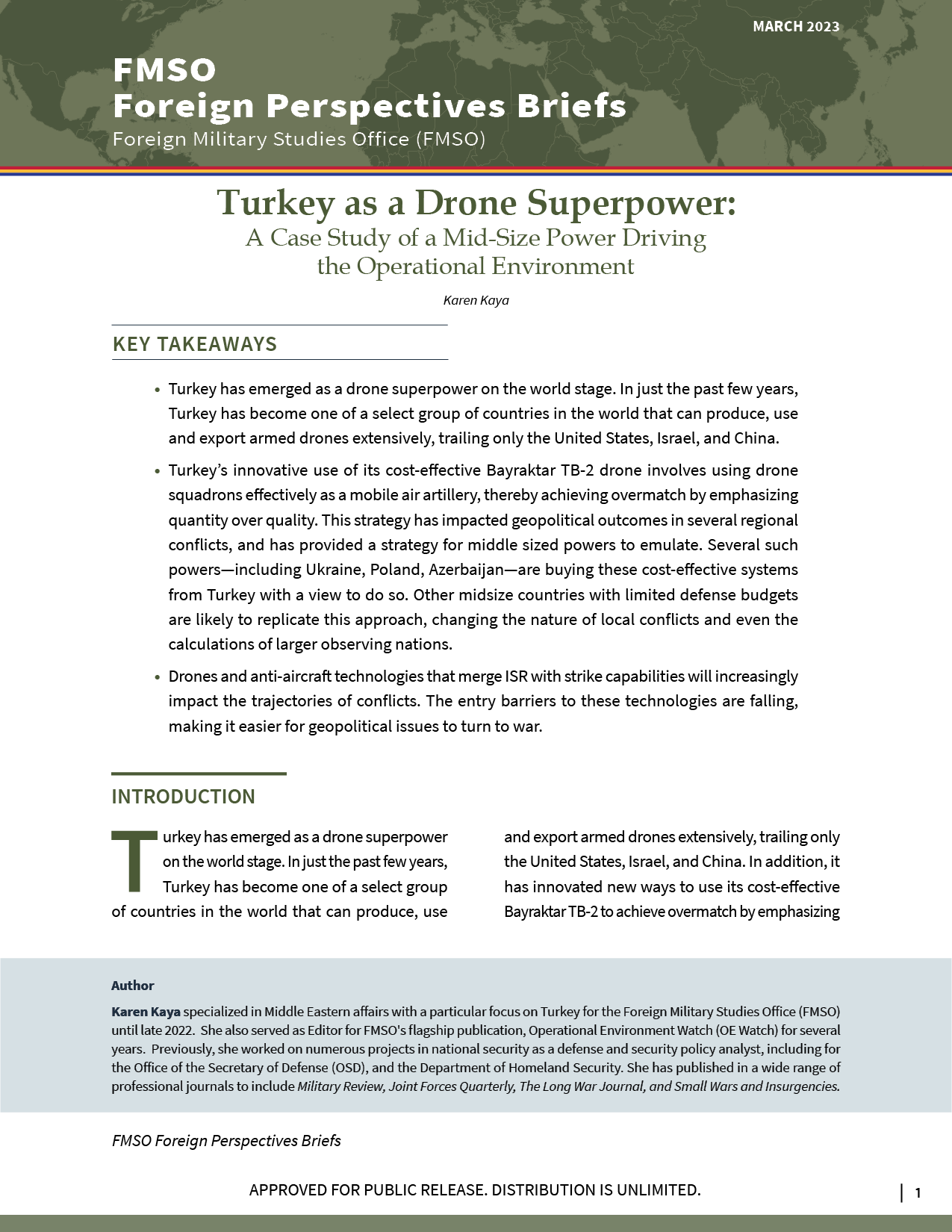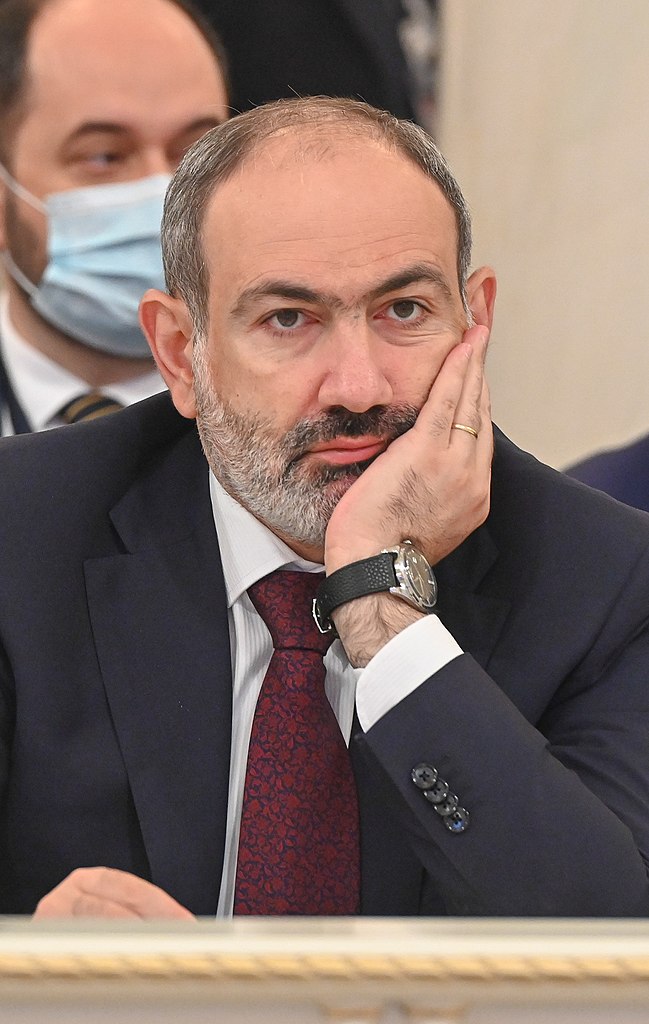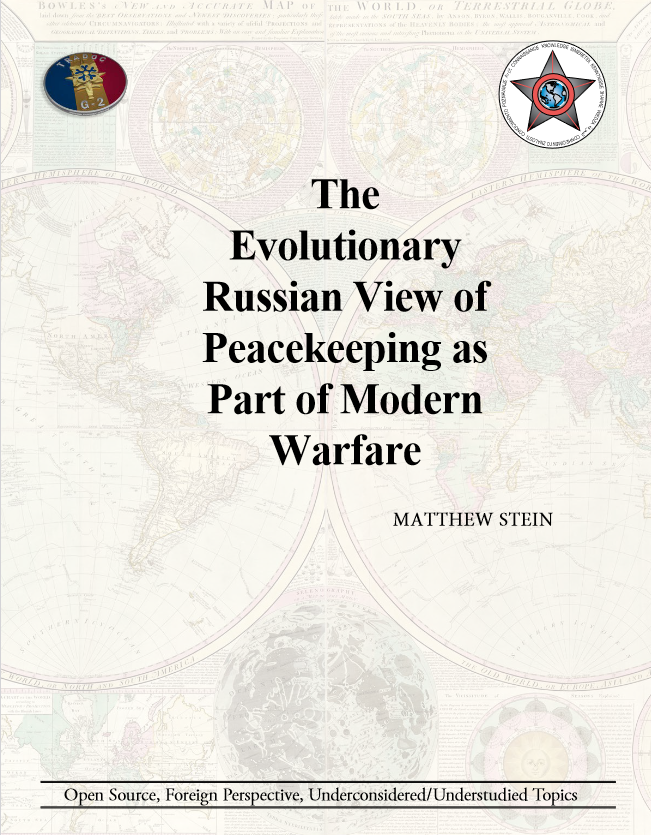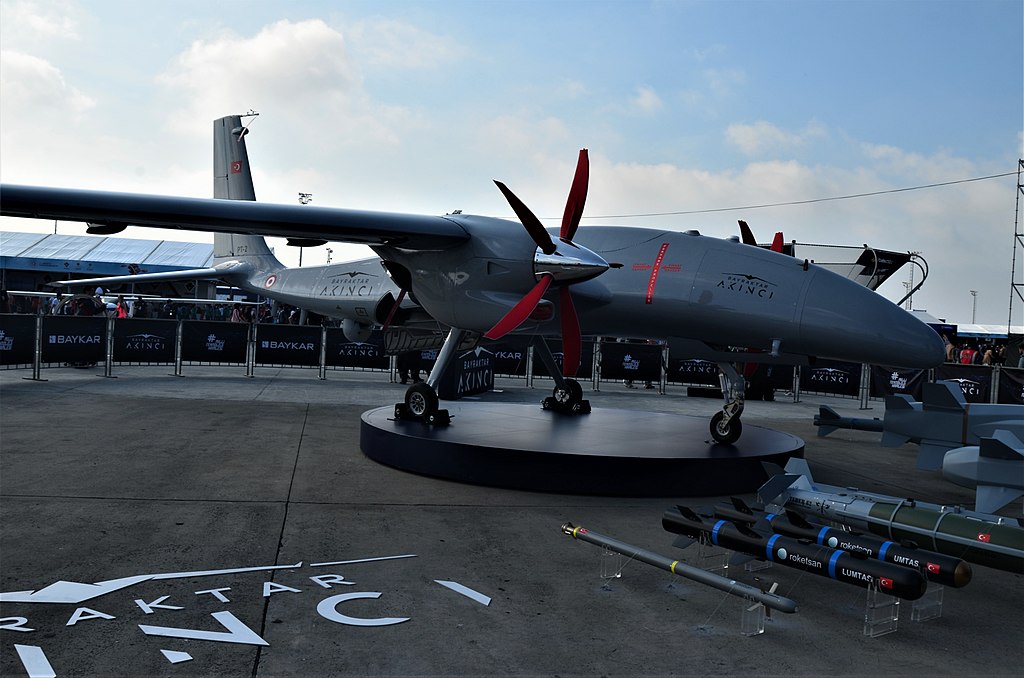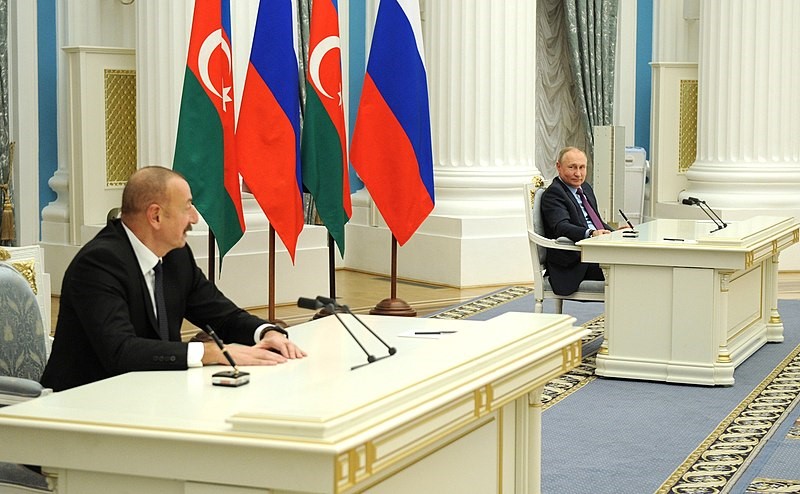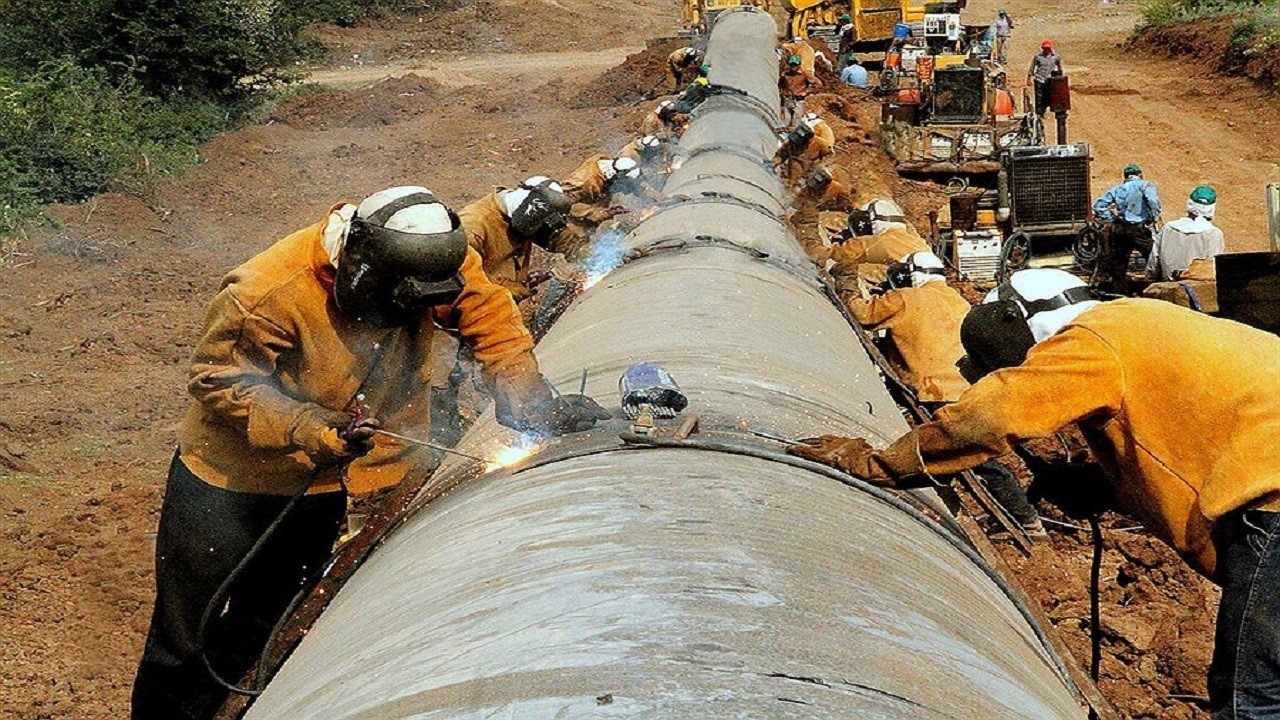Nikol Pashinyan.
“It is dispiriting that Armenia’s membership in the CSTO did not deter Azerbaijan from aggressive actions.”
Armenia’s frustration with Russia and its role as the de facto leader of the Collective Security Treaty Organization (CSTO) appeared to reach a head at the organization’s November 2022 summit, when Armenian Prime Minister Nikol Pashinyan abruptly ended a meeting with leaders of the other member states and refused to sign two documents drafted during the summit. For his part, Pashinyan had previously criticized Russia’s response to multiple attacks by Azerbaijan against Armenia in 2022 and Russia’s inability to deliver weapons that Armenia purchased.[i] The accompanying excerpted articles provide additional context on Pashinyan’s actions during the recent CSTO summit as well as how the Armenian government continues to pursue other security cooperation partnerships—namely with India—due to what it perceives to be continued failures by Russia and the CSTO.
The first article, from the Armenian state news agency Armenpress, reports on Pashinyan’s speech during the CSTO summit. Pashinyan mentions the three major clashes that took place between Armenia and Azerbaijan since the 2020 Nagorno-Karabakh War ended and how “Armenia’s membership in the CSTO did not deter Azerbaijan from aggressive actions.”[ii] He states that these clashes caused “great damage to the image of the CSTO both within our country and abroad.” Pashinyan goes on to outline the Armenian government’s position on how its borders have been violated by Azerbaijan and that these actions should have been considered an attack that would have necessitated a strong response from the CSTO. According to the CSTO’s charter, this could have included military assistance, but the organization denied Armenia’s request. Pashinyan ends his speech by explaining how his government proposed negotiating the withdrawal of Azerbaijan’s forces from Armenian territory through the CSTO Security Council, but that he would not sign the draft put together by the council because he believes it is an insufficient to prevent Azerbaijan from continuing to act with impunity.
Underscoring Armenia’s disillusionment with Russia, the second accompanying article from the Armenian independent online newspaper Hetq reports on an agreement Armenia signed with India’s Kalyani Strategic Systems two weeks before the CSTO summit to acquire 155 mm artillery systems. The article notes that Armenia’s Defense Minister visited India’s defense exposition in October and that this most recent agreement comes after Armenia signed a contract in September to purchase India’s Pinaka multi-barrel rocket launcher as well as anti-tank rockets and different types of ammunition.
Overall, there is no indication that Armenia will be leaving the Russia-led CSTO despite calls to do so from Pashinyan’s political opposition. Armenia’s bilateral economic and military ties to Russia make this difficult. Instead, Armenia’s refusal to sign the CSTO’s official response to the situation with Azerbaijan is an example of the types of protest steps we expect the Armenian government to continue to register.
Sources:
“Для нас принципиальную важность имеет подтверждение зоны ответственности ОДКБ в Армении: речь премьера на СКБ ОДКБ (The confirmation of the zone of responsibility of the CSTO in Armenia has the most significance for us: the address of the prime minister at the Special Security Council of the CSTO),” Armenpress (state news agency in Armenia), 23 November 2022.
https://armenpress.am/rus/news/1098011.html
“…The presidency of the Republic of Armenia in the CSTO ends today. This period was very eventful…Over the past two years, the CSTO member state Armenia has been subjected to aggression by Azerbaijan at least three times.
It is dispiriting that Armenia’s membership in the CSTO did not deter Azerbaijan from aggressive actions…These facts cause great damage to the image of the CSTO both within our country and abroad, and I regard this as the main failure of Armenia’s chairmanship in the CSTO…
Our position is as follows: according to the Alma-Ata Declaration of December 21, 1991, the founding countries of the CIS, as independent states, recognized each other’s territorial integrity and the inviolability of existing borders. This means that the aforementioned countries became independent with the administrative borders that existed between the republics during the Soviet Union. That is, the former administrative borders became state borders, and the territories of the above-mentioned countries were determined by these borders. It is within these borders that the Republic of Armenia became a member of the UN and the CSTO.
Since May 11, 2021, Azerbaijan has used armed forces three times and occupied approximately 140 square kilometers of the sovereign territory of the Republic of Armenia. This happened on May 11 and November 14, 2021 and September 13, 2022.
So, according to the UN resolution of December 14, 1974, number 3314, the above actions of Azerbaijan are regarded as aggression.
What do we expect from the CSTO in this regard? Statements of this fact, in the form of a clearly formulated political assessment. To refrain from such an assessment, saying that there is no border between Armenia and Azerbaijan, means to assert that there is no zone of responsibility of the Collective Security Treaty Organization, and if there is no zone of responsibility, then there is no organization itself. It can at least be interpreted that way.
These nuances are also important because they play a decisive role in further collective actions. In this context, I want to respond to comments according to which Armenia is trying to draw the CSTO countries into a war with Azerbaijan. This is pure manipulation, because Armenia cannot be interested in a war, if only because it has suffered enough from wars, including in September of this year.
…Armenia also proposes, by decision of the CSTO CSC, to accelerate the necessary political and diplomatic work with the Azerbaijani side, aimed at the immediate and unconditional withdrawal of Azerbaijani troops from the sovereign territory of the Republic of Armenia to their original positions as of May 11, 2021.
Such a position is important not only for restoring the territorial integrity of the Republic of Armenia, but also for deterring Azerbaijan from further aggressive actions against our country…Under these conditions, the lack of a clear political assessment of the situation and the failure to make the above decision may mean not only the CSTO’s refusal of allied obligations, but may also be interpreted by Azerbaijan as a green light from the CSTO for further aggression against Armenia…
Therefore, based on this, dear colleagues, at the moment I believe that the draft “Declaration of the CSTO CSC and on joint measures to provide assistance to the Republic of Armenia” submitted for signing is not sufficiently finalized, and in this form, with all due respect, I am not ready to sign these documents…
Vahe Sarukhanyan, “$155M for Artillery: Armenia Signs Another Arms Deal with India,” Hetq (independent online newspaper in Armenia), 11 November 2022.
https://hetq.am/en/article/150099
The Indian press, referring to a November 9 statement released by the local Bharat Forge company, reports that the latter’s military-industrial subsidiary, Kalyani Strategic Systems, has received a US $155 million order to export 155 mm artillery gun systems to Armenia over the next three years.
Although Bharat Forge didn’t disclose the identity of the customer, the Indian Business Standard news site writes that according to its sources in the Indian Defense Ministry the contract was signed with the Armenian government…
…In October, Armenian Defense Minister Suren Papikyan led a delegation to a defense industry exhibition (DefExpo-2022) in Gandhinagar, India displaying locally manufactured armaments and defense systems.
This latest arms deal follows a September 2022 $245 million contract Armenia signed with India to purchase Indian-made Pinaka multi-barrel rocket launchers, anti-tank rockets and various types of ammunition…
Notes:
[i] For more context on Armenia’s acquisition of Indian systems, see: Matthew Stein, “Armenia Acquires Indian Multiple Rocket Launcher System Amid Delays in Russian Deliveries,” OE Watch, Issue #11, 2022. https://community.apan.org/wg/tradoc-g2/fmso/m/oe-watch-articles-2-singular-format/429405
[ii] For background on the recent incidents between Armenia and Azerbaijan, see: Matthew Stein, “Armenia Questions Russian Peacekeeping After Nagorno-Karabakh Incident,” OE Watch, Issue #9, 2022. https://community.apan.org/wg/tradoc-g2/fmso/m/oe-watch-articles-2-singular-format/425540
Image Information:
Image: Nikol Pashinyan
Source: https://commons.wikimedia.org/wiki/File:Nikol_Pashinyan_April_2021_(cropped).jpg
Attribution: CCA 4.0

